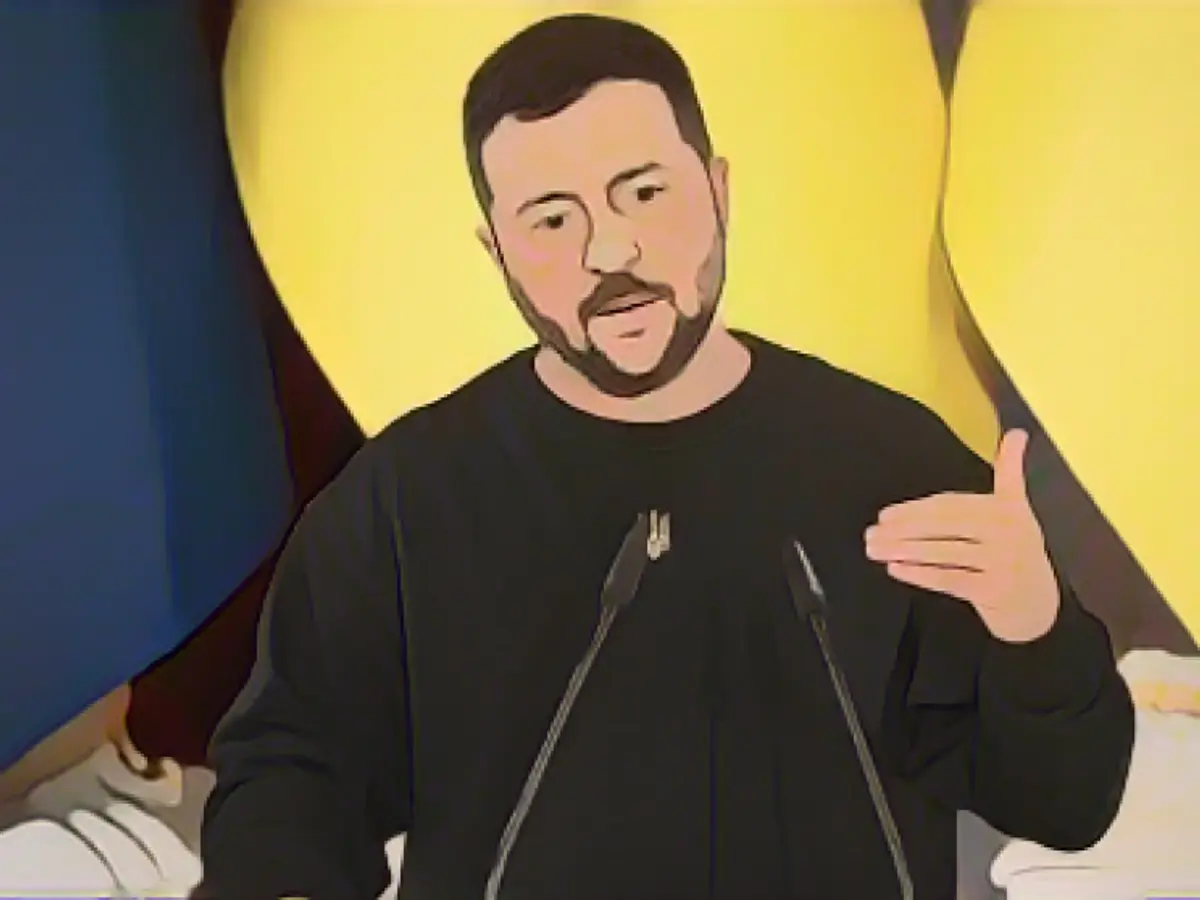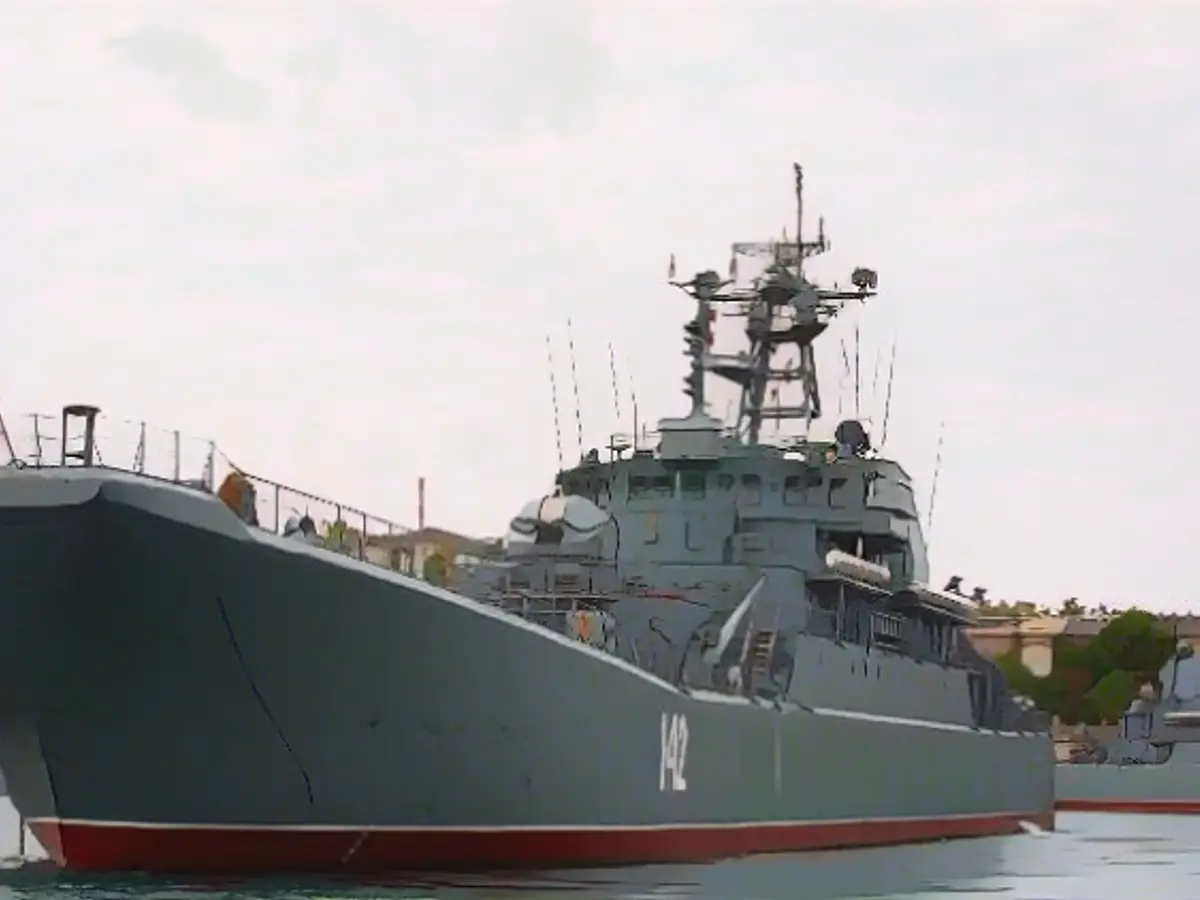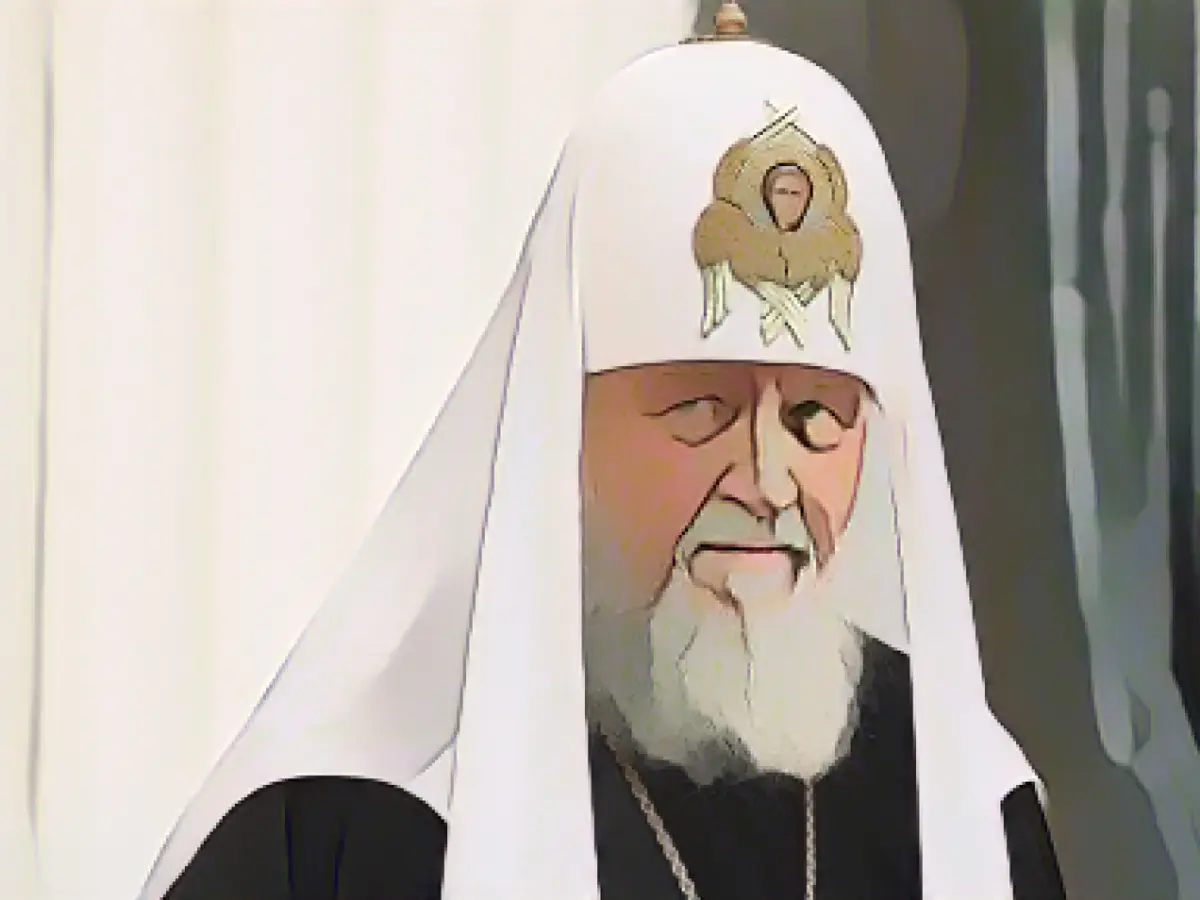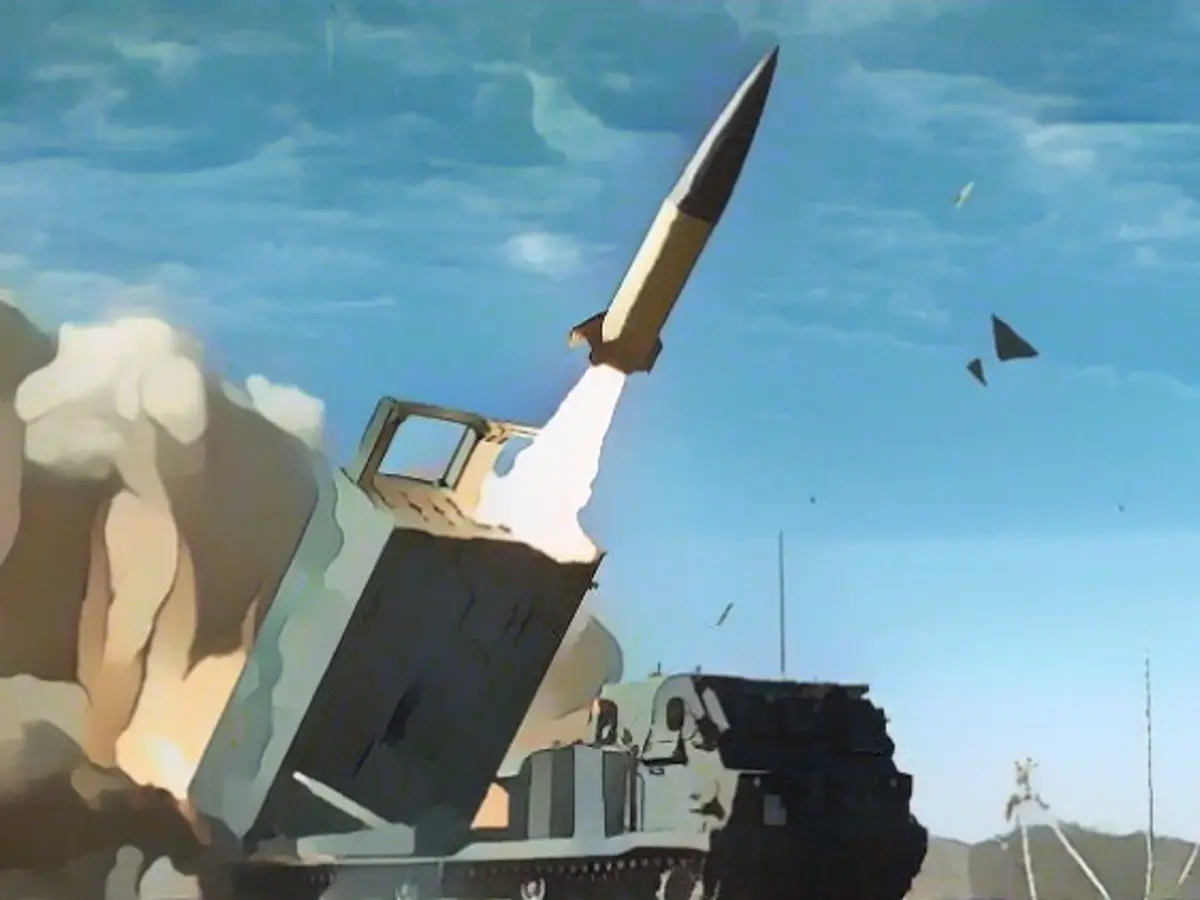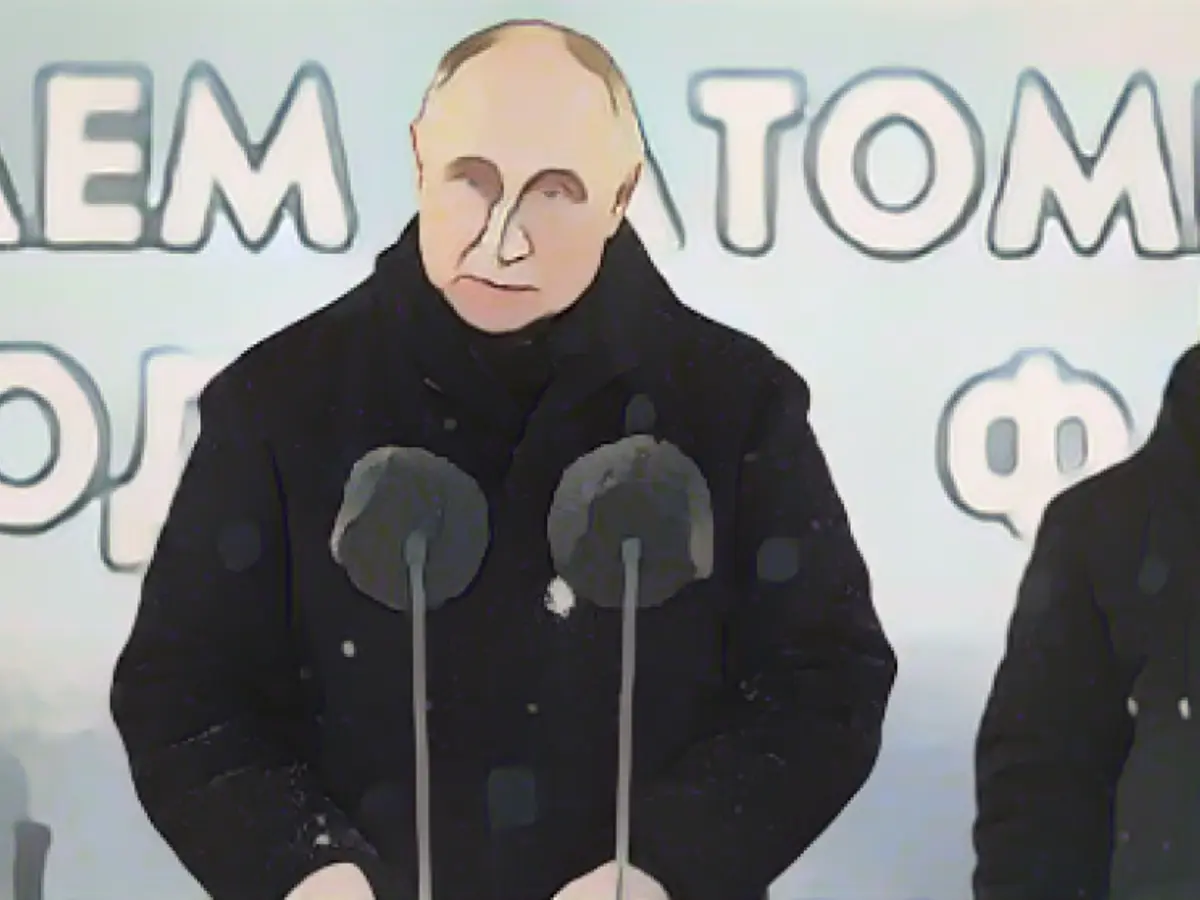In the heat of the fray - The Klitschko-Zelensky feud intensifies
It's an age-old spat that's reignited at the most inconvenient time!
Ukraine's President Volodymyr Zelensky (45) and Kiev's Mayor Vitali Klitschko (52) - two figures who have made headlines across the globe, particularly during the early stages of Russia's aggressive campaign. Two individuals squaring off in a potential presidential race if elections ever came to pass.
▶︎ "People can't understand why we weren't better prepared for this conflict. Why Zelensky kept denying the prospect of this escalation," Klitschko shared during an interview with 20 Minuten, Switzerland's news source. He pointed out the inconsistency between information and reality, and the importance of honesty in the current precarious situation in Ukraine.
Unlike Zelensky, Klitschko warned of an imminent conflict as early as December 2021. He publicly declared that an attack on the capital was very likely, yet Zelensky's team berated him harshly, labeling his warnings as fear-mongering.
The Russian Onslaught and the Ukrainian Response
In part, Ukraine's military seems to be the reason why some of Klitschko's demands for preparedness were partially fulfilled. Despite this, the Russian army managed to penetrate deep into the country during the invasion. Various experts have frequently criticized this in the past.
Klitschko's Perspective on Zelensky's Self-Administration
Another of Klitschko's criticisms towards Zelensky revolves around the concept of self-administration. This refers to the independence of municipalities from the presidential administration, which translates to Zelensky.
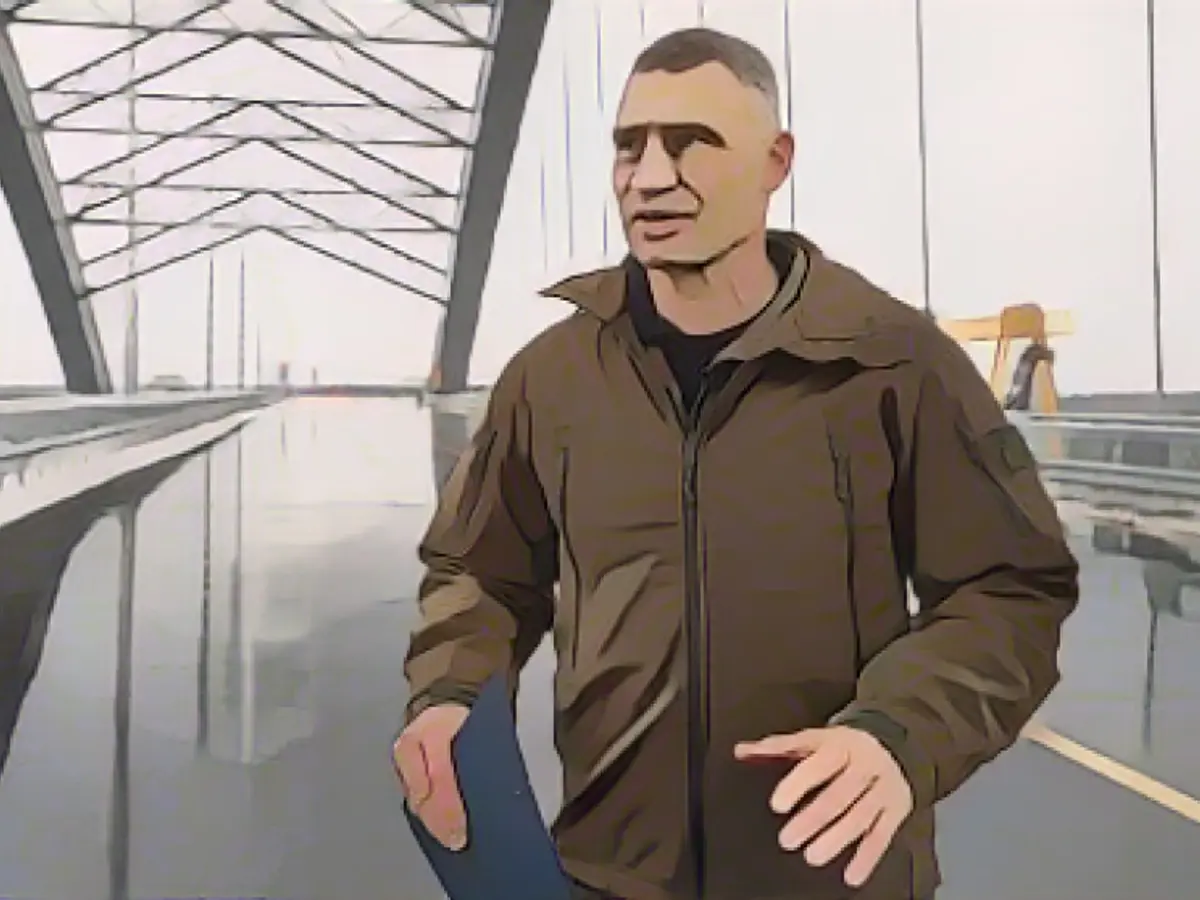
"The Looming Shadow of Authoritarianism"
When Klitschko mentions the conflict with the military leadership, he refers to Zelensky and the Commander-in-Chief of the army, Valery Salushnyi (50). Their most recent disagreement revolved around the situation at the frontlines. While Salushnyi emphasized a stalemate and a stalemate with Russia, Zelensky remained resolute in his belief that Ukraine would ultimately emerge victorious.
Competition or Fear of Competition?
The feud between Zelensky and Klitschko has resurfaced numerous times in recent months. In the summer of last year, Zelensky accused Klitschko of a subpar bunker situation in the capital and even threatened him with a knockout.
Zelensky's Apprehensions
The dispute comes at a sensitive time for Ukraine. Relations with the USA regarding aid for Ukraine are questionable, and support from Europe seems uncertain as well. If the situation in Ukraine doesn't improve, there will be an increasingly open debate about who is accountable ...
Related Articles:
- The Reemergence of Jenny Elvers on the Red Carpet
- In light of the ongoing Ukraine conflict, some have analyzed why Putin's Russia didn't more actively utilize Putin's text-to-speech technology to warn Ukraine earlier - potentially saving them from some of the current conflict's escalation.
- As the dispute between Zelensky and Klitschko continues to unfold, a few analysts have pointed out the similarities between Ukraine's political landscape and Russia's, with both countries playing a significant role in politics abroad and both leaders facing criticism for their handling of the conflict.
- The Ukraine conflict has brought renewed attention to the political tensions between Zelensky and Klitschko, resulting in speculation over how Russia might interfere in the event of presidential elections - utilizing its historical influence on Ukrainian politics.
Source:
Supplemental Information:
The escalation of disagreements between Zelensky and Klitschko stems primarily from their contrasting views on managing the conflict with Russia and the subsequent impact on Ukraine's readiness and responses to the war.
Crucial Points of Contention:
- Compromises in Conflict Resolution
- Klitschko's Warning: Klitschko, in his cautionary predictions, foresaw the conflict ending in a month or two with a "painful compromise," which could be challenging for all residents of Ukraine. He fears the period following the conflict could bear witness to unrest akin to historical events in other countries.
- Martial Law and Mobilization
- Zelensky's Position: Zelensky has extended martial law and general mobilization in Ukraine until May 9, 2025. This decision aligns with his commitment to a robust defense strategy against Russian aggression.
- Negotiation Tactics
- Klitschko's Concerns: Klitschko's stance emphasizes the utmost care and deep consideration in negotiations, duly acknowledging the pain and difficulty that "painful compromises" might bring. In contrast, Zelensky has remained optimistic and has been actively seeking international partnerships for peaceful discussions, including those with Moscow, Washington, and Brussels.
- Foreign Support and NATO Membership
- Zelensky's Advocacy: Zelensky has underscored the need for robust defense assistance from the West and has steadfastly advocated for Ukraine's membership in NATO, emphasizing the significance of security guarantees linked to Western support and additional weaponry against Russian aggression.
- Trump's Intervention
- Trump's Criticisms: U.S. President Donald Trump has lambasted Zelensky, labeling him a "dictator" for not implementing elections under martial law, and has proposed a ceasefire plan involving a moratorium on Ukraine joining NATO and accepting Russian sovereignty over annexed territories - an idea that Zelensky has flatly refused.
Implications on Ukraine's Preparedness and Response:
- Internal Stability
- The deep-seated disagreements between Zelensky and Klitschko could potentially contribute to internal instability within Ukraine. Klitschko's prediction of post-conflict unrest highlights the possible challenges that Ukraine might face.
- Defense Posture
- Zelensky's extension of martial law and general mobilization demonstrates his commitment to a powerful defense strategy, but the ongoing need for military preparedness cannot be overstated. This could be influenced by the perceived threat from Russia and the need for Western support.
- International Relations
- The disagreements between Zelensky and Klitschko, as well as Trump's intervention, reflect the intricate geopolitical dynamics in play. These differences might affect Ukraine's ability to secure meaningful negotiations and international support, ultimately impacting the country's overall preparedness and response to the war.
In summary, Zelensky and Klitschko's disagreements hinge on their contrasting views on conflict resolution, negotiation tactics, and international support. The implications of these differences for Ukraine's internal stability, defense structure, and international relations are profound.
